The transatlantic slave trade did not only have an effect on trade in both Africa and other parts of the world. It also affected the social developments of both societies. While enslaved Africans in the Americas, Caribbean and Europe had to deal with adapting to new cultures and ways of life, it wasno different in Africa.
The booming trade made Westerners, particularly from Europe, settle among the Africans which led to more interaction and affairs that raised a new class of mixed-race people known as the mulattos.
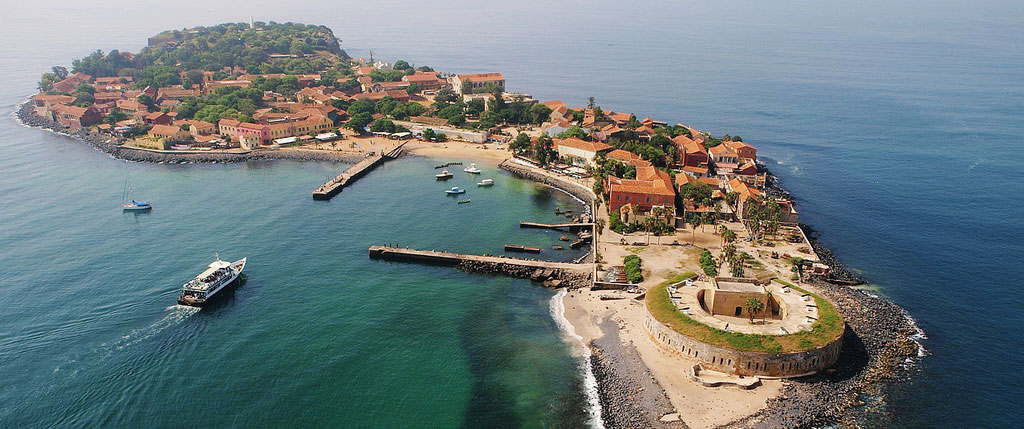
Although greatly frowned upon, African women had affairs with white settlers and many had children with them. These children were known as mulattos and were treated better than pure Africans but were still not allowed into the inner circles of the whites. They were not sold into slavery and became some of the first Africans to be allowed access to education and eventually to work. Lucky mothers of mulattos were treated well often living in the forts or castles or having their white partners build homes for them.
The 18th century brought with it a huge advancement in the lives and social status of mulattos so much so that they formed groups or ‘clubs’ to work to the benefit of each other.
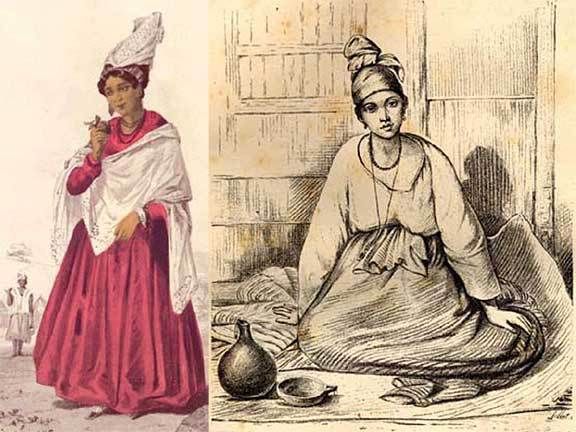
One of the most popular and powerful groups of mulattos in history will forever be the Signares. The name identifies French-Senegalese women who became rich, powerful and unstoppable in places like Goree Island and the city of St Louis on N’Dar island in Senegal. Western traders at a point had to pass through them to trade in commodities and slaves, buy land and even marry.
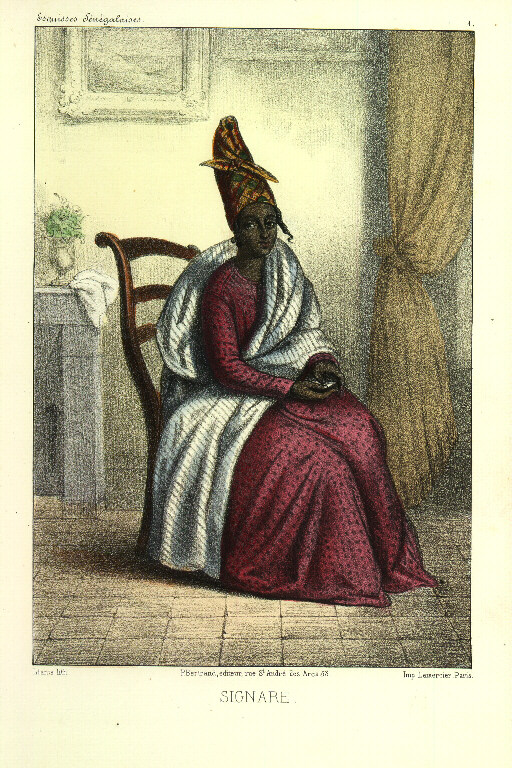
The word signre originally came from the Portuguese word Senhora which literally meant married woman. This was a befitting name because many of them were strategically married to powerful white men. An article on the Smithsonian explains that the Portuguese term later became Signare which they describe as a hybrid French and Portuguese word.

The Signares in Senegal gained huge popularity between the 18 and 1900s for their closed network. They formed some sort of society that was hard to enter. Many of these women were daughters of white merchants but primarily gained their status by marrying white traders and plantation owners who left them plenty of property and connections. Beautiful black women managed to become Signares if they also lawfully married rich white men and had children with them.

The Signares were highly respected among all social classes and by the 19th century many of them owned slaves and played a huge part in the Trans-Atlantic Slave Trade even years after it was abolished. At a point, they had more power over lands and people than the crowns of various countries such as Britain, Portugal and France. Several Signares were exiled or killed by various crowns to lessen their power.

They lived like queens and had slaves and maids who worked for them while
Signares were noted to love the colour red and often wore a touch of it every day. They wore long dresses to protect their fair skin and tied belts around their waist to attract men. Several of them made sure
Several Signares were killed or exiled from their homes at a point when their society became more powerful. In the 19th century, they refused to sell slaves but rather kept them for themselves.

Because of their beauty and charm, they had leverage over chiefs, officers and soldiers and often gained access to top information which they used to their advantage.
The Signares continued to dominate Senegal and parts of West Africa well until 1915 when several of them such as Bibiana Vuz de França, Victoria Albis, Anne Pepin and many others were stopped by the French, Portuguese and British.
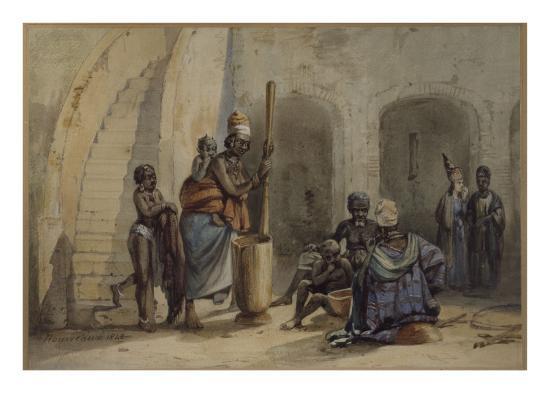
Although a lot of negativity comes with the history of the Signares who were noted as high-class mistresses and African slave traders, a few of them are also remembered for their good deeds.
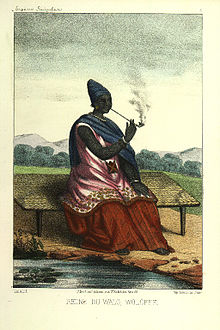
Signare Victoria Albis is celebrated for building the Henriette-Bathily Women’s Museum and several others are also noted to have purchased the freedom of slaves or kept slaves as their own in order to prevent them from being sold.
Hate or love them, their presence in African history cannot be wiped away and they prove that African women could rise to the highest social status and have full power and control. Their stories have appeared in several historical novels and they are depicted in several artworks to date.










